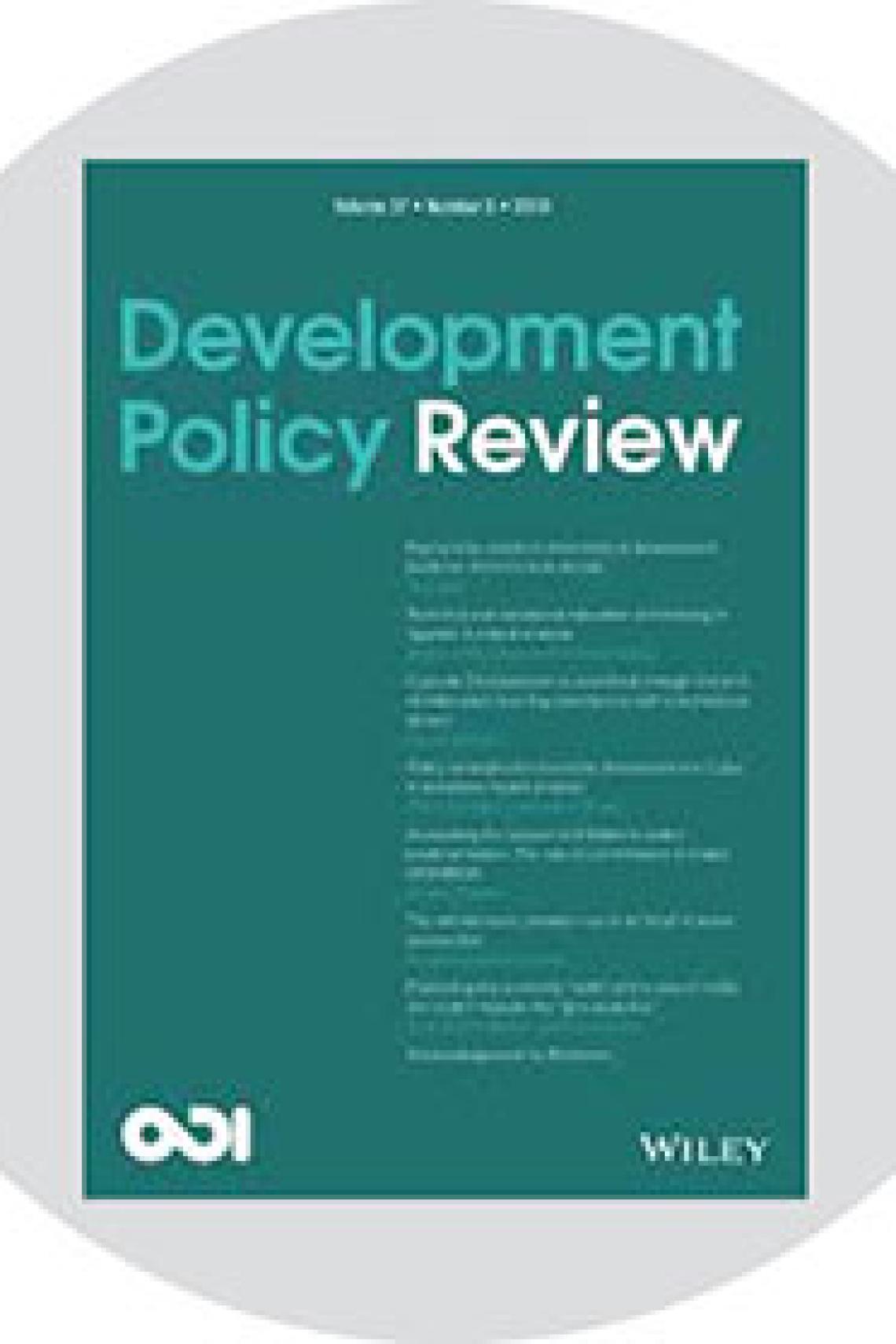New article by Matthew Willner-Reid on UNHCR discourse and returning refugees in Afghanistan
A new article by Matthew Willner-Reid (DPhil in International Development, completed 2017), draws on his doctoral work to examine the vulnerability of returning refugees in Afghanistan and the way in which UNHCR has portrayed their needs in comparison to other Afghans.
The competitive nature of the aid world means agencies often struggle to convince donors of the merits of investing in the sectors in which they work. This context, unsurprisingly, influences the process of their situational and needs analysis, which donors in turn rely on heavily to inform their own programming. An inherent risk is that the groups who receive the most support may not necessarily be the most vulnerable but rather those whose interests are championed by the most powerful actors.
This article explores the contradiction between the roles of aid actors as providers of specialist knowledge, and promoters of particular beneficiaries. Specifically, it analyses the evolution of UNHCR's discourse regarding the needs of returning refugees in Afghanistan over the period 2001–15.
The article uses an inter‐disciplinary mixed‐methods approach, consisting of over 70 interviews, analysis of around 3,000 Afghanistan‐focused contemporary media articles and UNHCR documents, and limited quantitative data analysis.
The study finds that, as the relative needs of returnees diminished in comparison to the wider Afghan population, UNHCR's official pronouncements conversely portrayed these needs as increasing as a way to focus donor attention on an area that would otherwise receive a diminished level of support.
These findings have important implications for policy‐makers both in Afghanistan and more generally. They show the need to go beyond aid agencies' public pronouncements and critically examine in depth the sources of data on which they are based.
Matthew Willner-Reid (2019) ‘The law of diminishing returns: UNHCR’s evolving discourse on returning refugee vulnerability In Afghanistan’, Developmental Policy Review, DOI: 10.1111/dpr.12480

